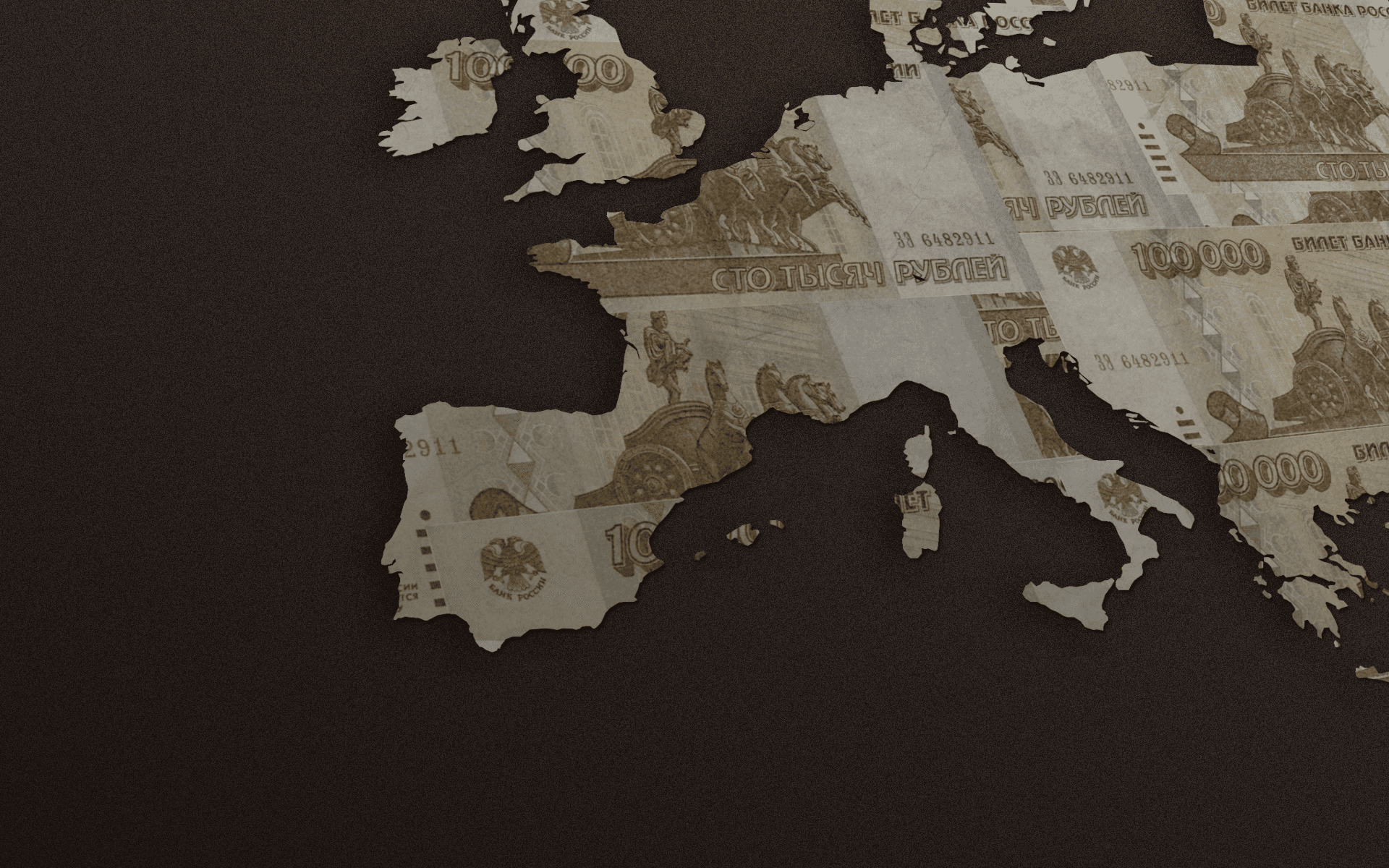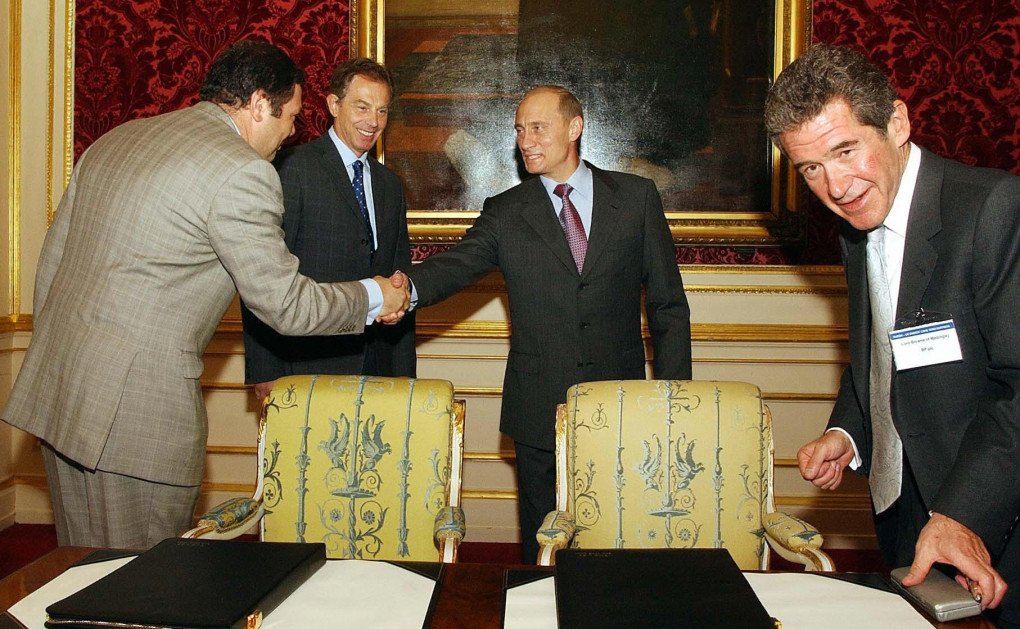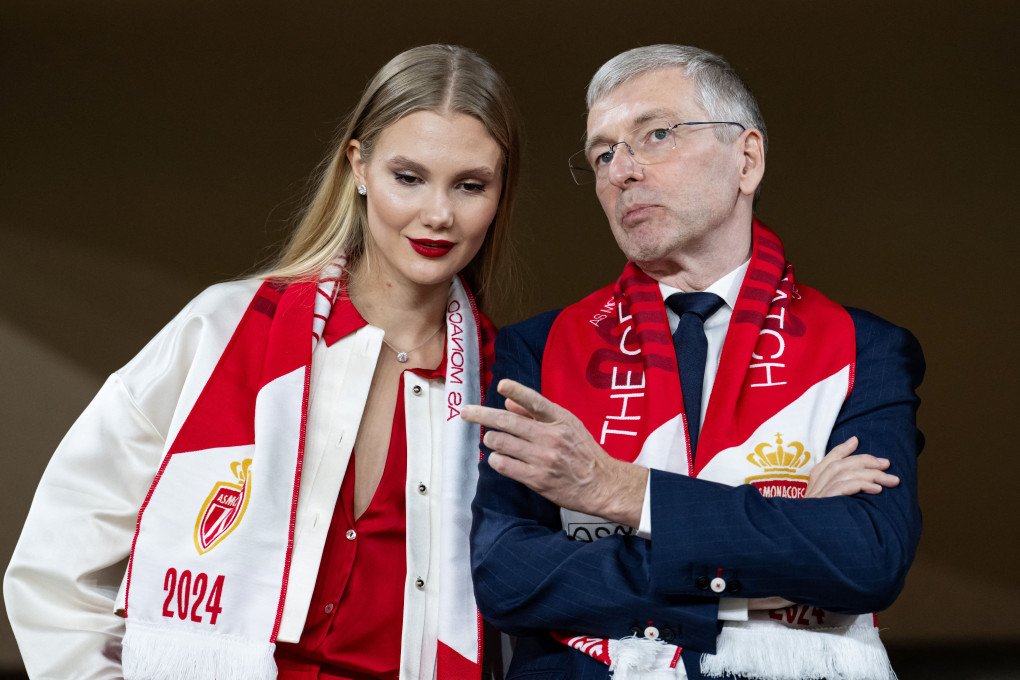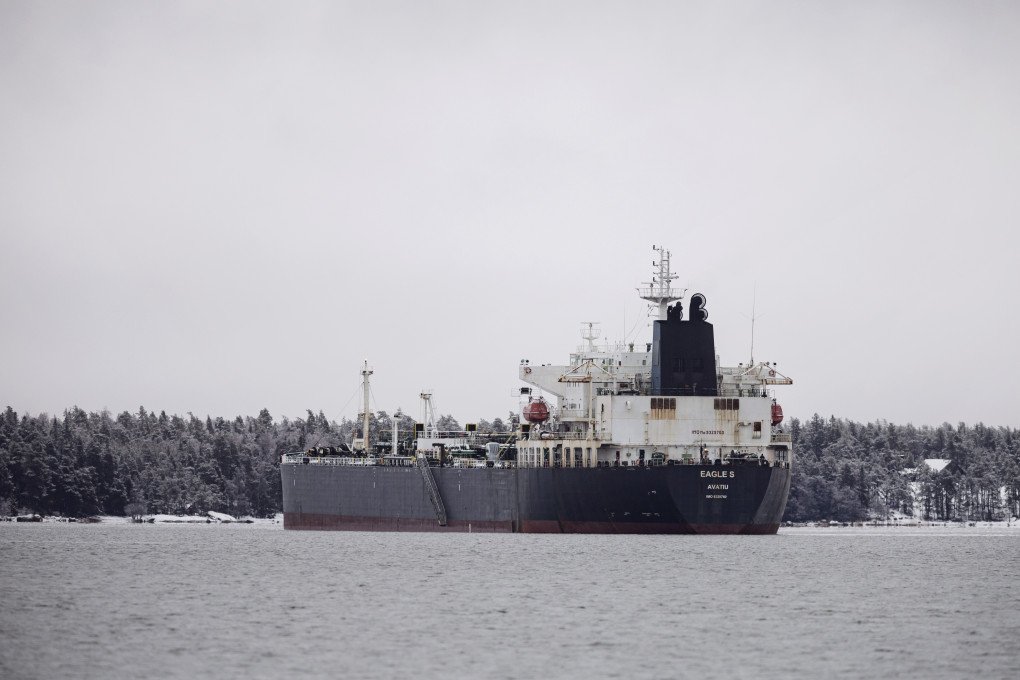- Category
- Business
How Russia’s “Kremligarchs” Infiltrated Western Markets and Now Pose A Security Threat To the World

As Russia’s war in Ukraine intensifies, the oligarchs backing Putin—known as Kremligarchs—have expanded their influence globally. Ilya Zaslavskiy’s new report highlights how these networks threaten Western security and calls for stronger action to counter their reach.
On January 8, 2025, the Atlantic Council’s Eurasia Center launched a new report, Sanctioned Kleptocracy: How Putin’s Kremligarchs Have Survived the War—and Even Prospered, revealing the dangerous influence of Russian oligarchs—known as Kremligarchs—on Western security.
These figures, whose power extends across the globe, continue to serve as key enforcers of the Kremlin's imperial ambitions. Their influence in countries like the United States and the United Kingdom undermines democratic institutions and helps fuel Russia's war machine, posing a security risk to the West.
The rise of Kremligarchs
Ilya Zaslavskiy, the author of the Atlantic Council’s report, is a senior campaigner for Razom We Stand, an organization advocating for Ukraine. Zaslavskiy has closely studied how the Kremlin's kleptocratic networks infiltrated Western political and financial systems.
His report outlines how these networks have evolved since Russia invaded Ukraine and how they continue to pose a significant security threat to the West.
The term "Kremligarchs" refers to the wealthy oligarchs who rose to prominence in post-Soviet Russia by aligning themselves with the Kremlin. In the 1990s, under President Boris Yeltsin, Russia’s economy was rapidly privatized, creating a system of crony capitalism.
A select group of businessmen amassed vast fortunes, often through corrupt and criminal means, and gained control over key industries such as oil, gas, and metals. These oligarchs quickly became central to Russia's political system.
When Vladimir Putin assumed power in 2000, he solidified his control by co-opting these oligarchs. In exchange for their loyalty, Putin allowed them to retain their wealth and influence, ensuring they would be key players in the Russian political landscape.

Over time, these oligarchs used their vast financial networks to extend Russia’s influence globally, enabling the Kremlin’s ambitions to take root in Western economies, media, and political systems.
The evolution of Kremligarchs and their global reach
By the time Russia launched its full-scale invasion of Ukraine in 2022, the Kremlin's kleptocratic networks had expanded well beyond Russia's borders.
These oligarchs had embedded themselves in key global financial institutions, natural resources, and political systems. As Zaslavskiy’s report outlines, these networks are highly resilient and continue to thrive despite Western sanctions.
The oligarchs use their wealth and influence to secure the Kremlin's objectives, destabilize democracies, and further Putin’s agenda across the globe.
Despite the extensive sanctions placed on these individuals, the Western response has been insufficient. Kremligarchs operate in key sectors of Western economies, including real estate, technology, and venture capital.

By funneling money into these industries, they support the Kremlin’s war machine and spread Russian propaganda, all while avoiding meaningful consequences for their actions.
Western financial systems remain riddled with loopholes that allow Russian money to flow undetected, funding the Kremlin’s military ambitions and global destabilization efforts.
Zaslavskiy notes that while Western sanctions have targeted high-profile individuals, they have been insufficient in curbing the influence of Russia’s kleptocratic networks.
These networks continue to exploit global value chains, using money, lawyers, lobbyists, and even organized crime to safeguard their positions in Western markets.
The Kremlin’s global reach is unparalleled, and its kleptocrats have infiltrated financial institutions, legal systems, and supply chains, making them a formidable adversary in the ongoing geopolitical struggle.
A mafia-like mentality
One of the most dangerous myths about the Kremligarchs is the idea that there is a divide among Russia’s elites. Some analysts have suggested that a split exists between oligarchs who support Putin and those who oppose him, fueling speculation that sanctions or internal pressure could break the Kremlin’s hold on power.
However, Zaslavskiy argues that this notion is not supported by history or current evidence. There is no sign of political opposition from the Kremligarchs; instead, they are unified in their loyalty to Putin.
Zaslavskiy explains that the Kremligarchs are driven not by money alone, but by a shared ideological loyalty to the Kremlin. Their “single most important currency is not assets or money; it is their loyalty to Putin and the Kremlin.”
This loyalty binds them together and gives the Kremlin an unprecedented level of control over the global flow of wealth. It is this mafia-like mentality that enables the Kremligarchs to continue operating with impunity, even in the face of international sanctions.
How the West can strengthen sanctions
To counter the growing influence of the Kremligarchs, Zaslavskiy proposes a more comprehensive approach to sanctions and economic containment. He argues that the West needs to adopt a systemic, whole-of-government response that goes beyond targeting individual oligarchs.
The US, EU, and G7 should work together to implement sanctions that target entire value chains, particularly in sectors crucial to Russia's military-industrial complex.
First, Zaslavskiy calls for an expansion of sanctions on Russia’s fossil fuel exports. He suggests enforcing the oil price cap more strictly ($30 per barrel) and implementing secondary sanctions that target those who facilitate Russia’s oil trade.
The West must close the "refining loophole" that allows Russian oil to be processed and sold on global markets, as well as impose a full embargo on Russian LNG. The goal is to limit the Kremlin's revenue streams, which are used to fund the war effort and maintain political control.
In addition to sanctions on oil, Zaslavskiy recommends expanding restrictions to include key Russian export commodities such as aluminum, nickel, copper, and cobalt—resources that are critical to Russia’s economy.

He also suggests intensifying efforts to disrupt the Kremlin’s shadow tanker fleet , which has been used to circumvent sanctions. This could include sharing maritime intelligence, preventing the sale of tankers to non-compliant operators, and imposing bans on shipping services to Russian-linked entities.
The need for financial transparency and global coordination
Zaslavskiy also emphasizes the importance of improving financial transparency and cracking down on illicit financial flows. Expatriates have helped Kremligarchs set up businesses abroad, funneling money into Western markets in sectors ranging from real estate to technology.
To stop this, the West must strengthen regulations on shell companies and demand greater transparency in financial transactions.
This will require close coordination between the public and private sectors, as well as between governments. Zaslavskiy suggests that Western governments share intelligence on financial flows and work together to block the financial networks that enable the Kremligarchs to thrive.
If the West is serious about containing Russia's kleptocratic influence, it must take bold, coordinated action to sever these financial ties and hold the Kremligarchs accountable for their role in enabling the Kremlin’s global destabilization efforts.
Ilya Zaslavskiy
Senior Campaigner Razom We Stand
A long-term strategy for confronting Russian kleptocracy
The threat posed by the Kremligarchs is not only about wealth—it is about power. These oligarchs continue to serve as crucial enforcers of Putin’s global ambitions, eroding the democratic principles and freedoms that the West upholds.
To defeat this threat, the West must take a more aggressive and coordinated approach, tightening sanctions, disrupting financial networks, and cutting off Russia's access to global markets.
Zaslavskiy warns that the West must prepare for a long-term Cold/Hot war with Russia, updating its containment strategies to focus on restricting trade, particularly in mineral exports, and minimizing financial interactions.
Until the Kremlin’s kleptocratic networks are dismantled and the cash flow continues to reach Putin, Russia’s war machine will continue to function unchecked.

-270e13af43760897c8cb3e7f3ee9adf1.png)
-b63fc610dd4af1b737643522d6baf184.jpg)

-099180a164f53abb1128c9b5025a2b0e.jpg)
-46f6afa2f66d31ff3df8ea1a8f5524ec.jpg)
-4390b3efd5ecfe59eeed3643ea284dd2.png)